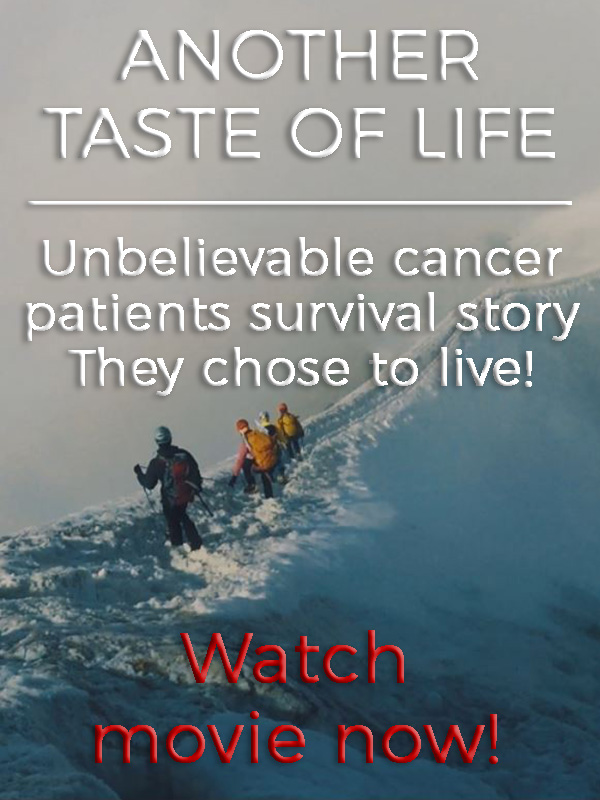In our modern era, the food industry has undergone a transformation that is both remarkable and deeply concerning. This transformation has been largely driven by the chemical industry’s increasing influence over agriculture, animal husbandry, and food processing. The ramifications of this shift are profound, impacting not just the quality of the food on our plates but, more alarmingly, the very essence of our health and wellbeing.
The Chemical Takeover of Our Food Supply
From the seed to the supermarket, the journey of our food is now heavily laden with chemicals. The inception of this journey begins in agriculture, where fruits, vegetables, and grains are routinely treated with pesticides and herbicides. These substances, often touted as essential for high-yield crops, carry with them a host of health risks that are still not fully understood.
In the realm of animal husbandry, the story is no less disturbing. Animals are frequently given feed laced with antibiotics and growth hormones, designed to expedite their growth and increase their market weight. This practice not only raises ethical questions but also poses significant health risks to consumers, as these substances can find their way onto our plates.
The Illusion of Choice in Processed Foods
As our food progresses along its journey, it encounters a myriad of processing stages, many of which introduce an array of preservatives, flavor enhancers, and other additives. These chemicals are often employed to make otherwise inedible or unappealing items tantalizing to the average consumer. However, the cost of this artificial palatability is high, potentially contributing to an increased incidence of cancer and a host of other health issues.
Risks of Chemical Packaging
Often overlooked, the materials used in packaging can introduce an additional layer of risk to our daily diet. Plastics, for instance, commonly used in food packaging, can leach harmful chemicals into the very products they are meant to preserve. Bisphenol A (BPA) and phthalates, known endocrine disruptors, are notorious culprits that have been linked to a range of health issues.
The Alarming Health Consequences
The infiltration of chemicals into our food supply is not a benign trend. Studies are increasingly linking these substances to a rise in cancer rates and other diseases. The insidious nature of these chemicals means that they can accumulate in our bodies over time, leading to long-term health consequences.
Moreover, the consumption of these chemically-laden foods often necessitates the use of pharmaceuticals to manage the resulting health problems. This creates a vicious cycle where we consume harmful substances and then turn to equally harmful drugs to treat the ailments caused by our diet.
Breaking Free from the Toxic Chain
Despite the grim picture, all is not lost. There are steps we can take to minimize our exposure to these harmful substances. One effective strategy is to choose products from natural farms, which typically use fewer chemicals in their production processes. Additionally, avoiding semi-processed and fully processed foods as much as possible can significantly reduce our chemical intake.
The act of cooking food ourselves from basic ingredients is another powerful tool in our arsenal. This not only allows us to control what goes into our food but also reconnects us with the joy and art of cooking.
The Path Forward
As consumers, we have the power to drive change in the food industry. By making informed choices and demanding more natural, less processed foods, we can influence the market and encourage the production of healthier, more sustainable food options.
In a world where our daily bread comes laden with hidden dangers, it’s imperative that we choose each bite wisely, for the sake of our health and the health of future generations.
Remember, if you won’t eat healthy, medicine will become your food.





